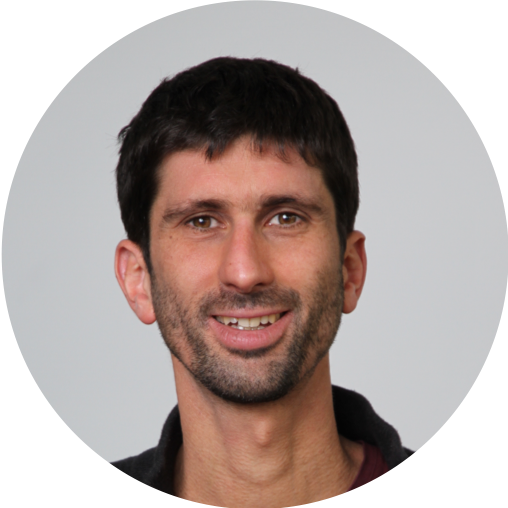nextnano GmbH, based in Munich, Germany, is a spin-off from the Walter Schottky Institute of the Technische Universität München. It was founded in 2012 to develop and commercialize software for the simulation of electronic and optoelectronic semiconductor nanodevices. nextnano GmbH was previously involved in the FET-Open project FLASH which aimed at developing a silicon-germanium-based terahertz quantum cascade laser (QCL). Within this project, nextnano developed software for modelling quantum transport in QCLs. Within the FET-Open project UltraFastNano, nextnano will contribute by modeling the properties of electrostatically gated two-dimensional electron gases that are building blocks for electronic flying qubits.
nextnano Lab is an R&D company based in the Grenoble area, France. Its main activity is to develop modeling and simulation tools in the field of solid-state quantum physics, in particular for semiconductor quantum devices.
nextnano Lab develops simulation tools for quantum transport based on the non-equilibrium Green’s function framework, such as the nextnano.NEGF sofware which is commercialized by nextnano GmbH.
More information: www.nextnano-lab.com
Members
• Dr. Thomas GRANGE (PI)

PI-nextnano: Thomas GRANGE holds a master degree in physics from ENS-Lyon, as well as a PhD in Physics from Université Paris VI. Thomas is Chairman and Research & Development Director of nextnano Lab SAS, an R&D company located in Grenoble, France. Before founding nextnano Lab, Thomas was working as Director of Research & Development at nextnano GmbH (2017-2021). Before joining nextnano, he worked as a postdoc at the Walter Schottky Institute of the Technische Universität München, Germany and the Institut Néel (CNRS) in Grenoble. Thomas is an expert on quantum cascade laser modeling using the non-equilibrium Green’s function method for which he developed the nextnano.NEGF software. He contributed to the development of terahertz quantum cascade lasers based on the silicon-germanium material system in the FET-Open project “FLASH” funded by the Horizon 2020 program.


